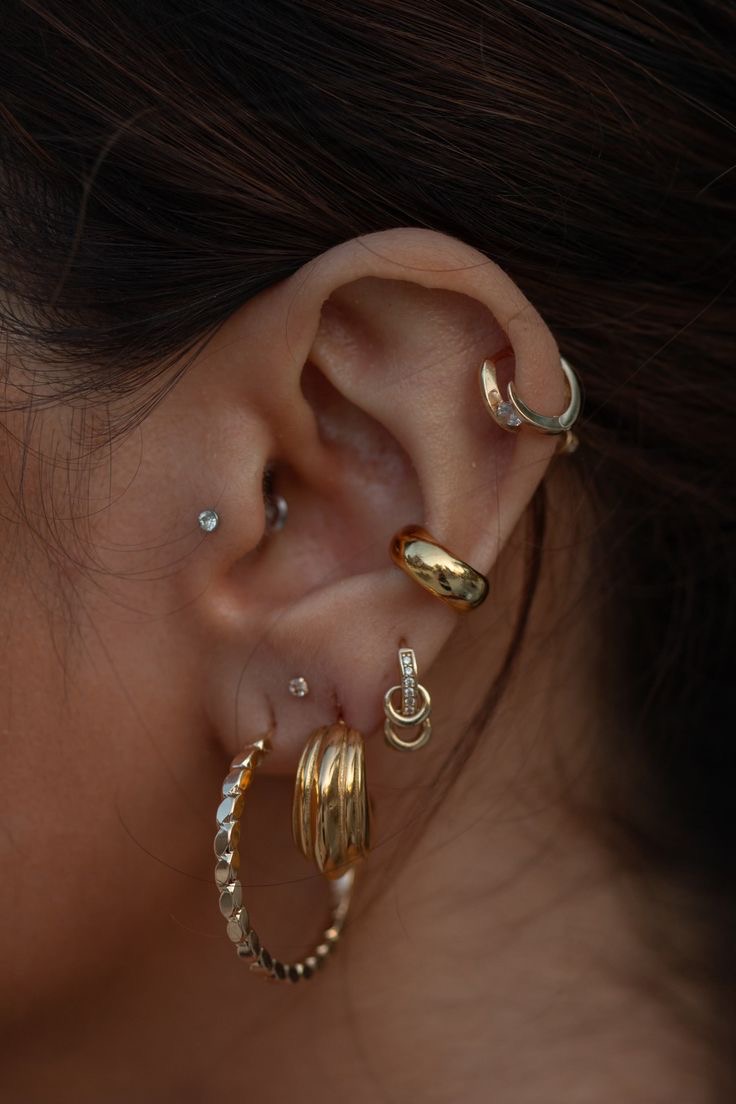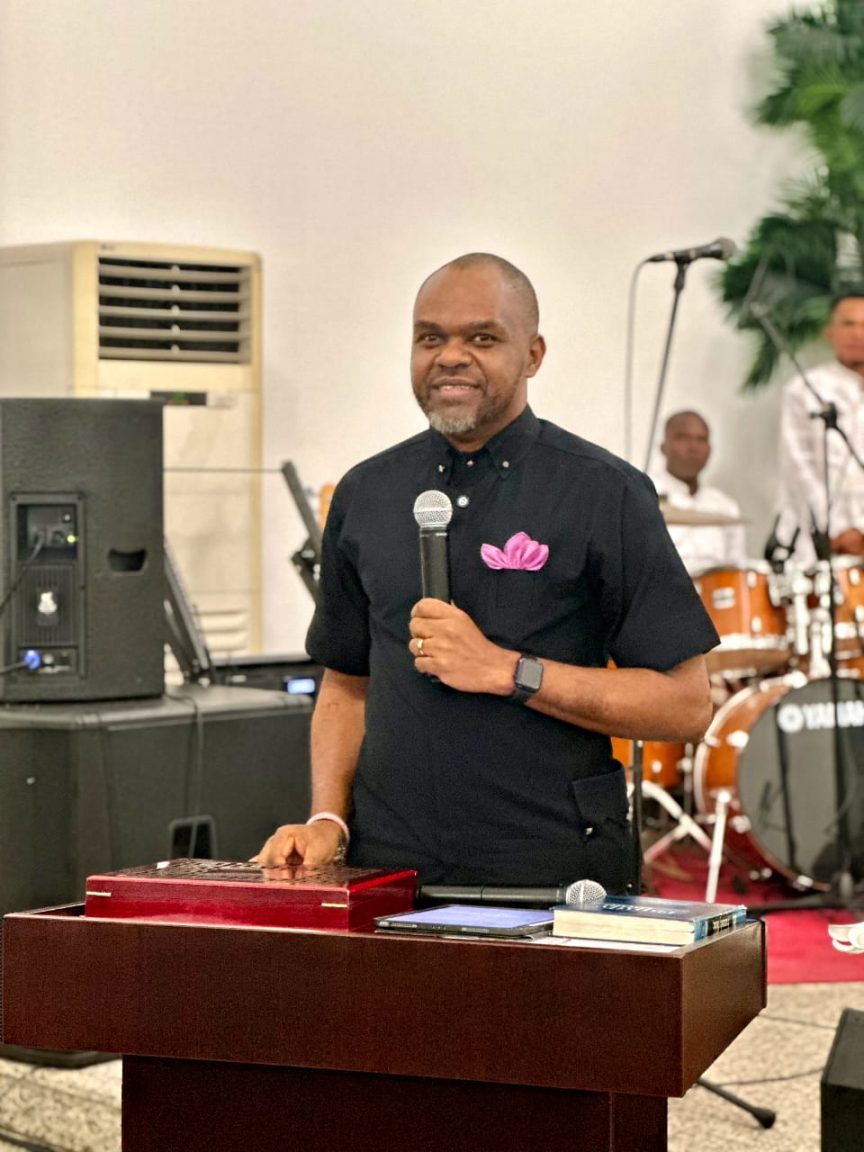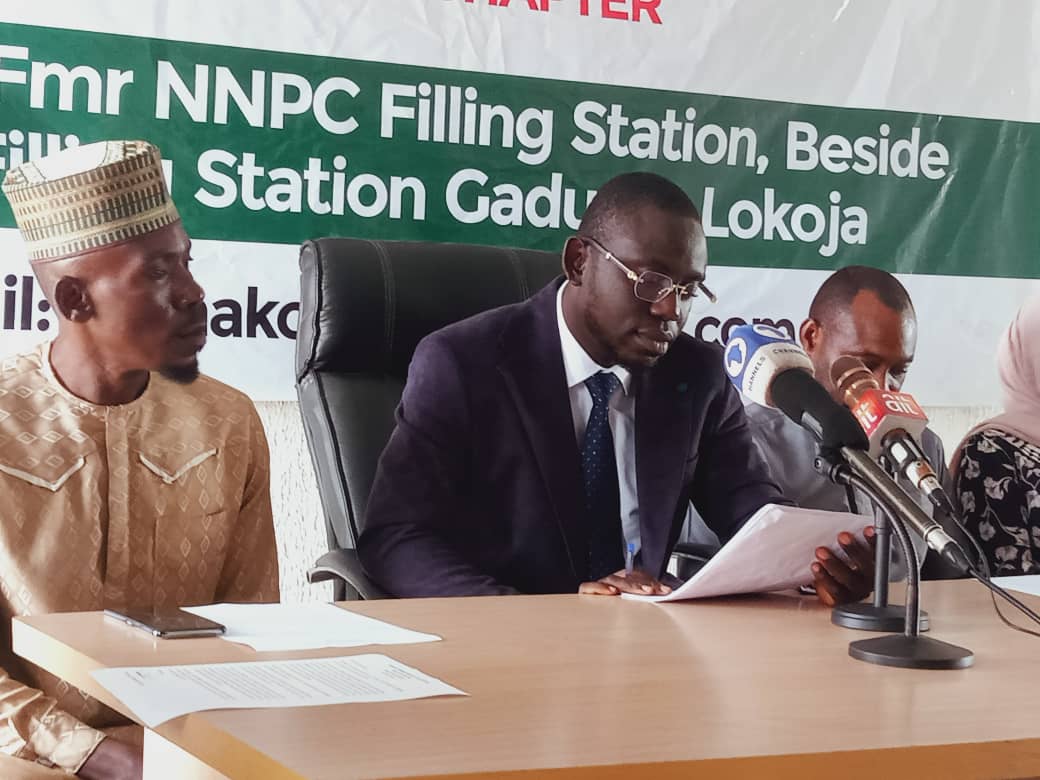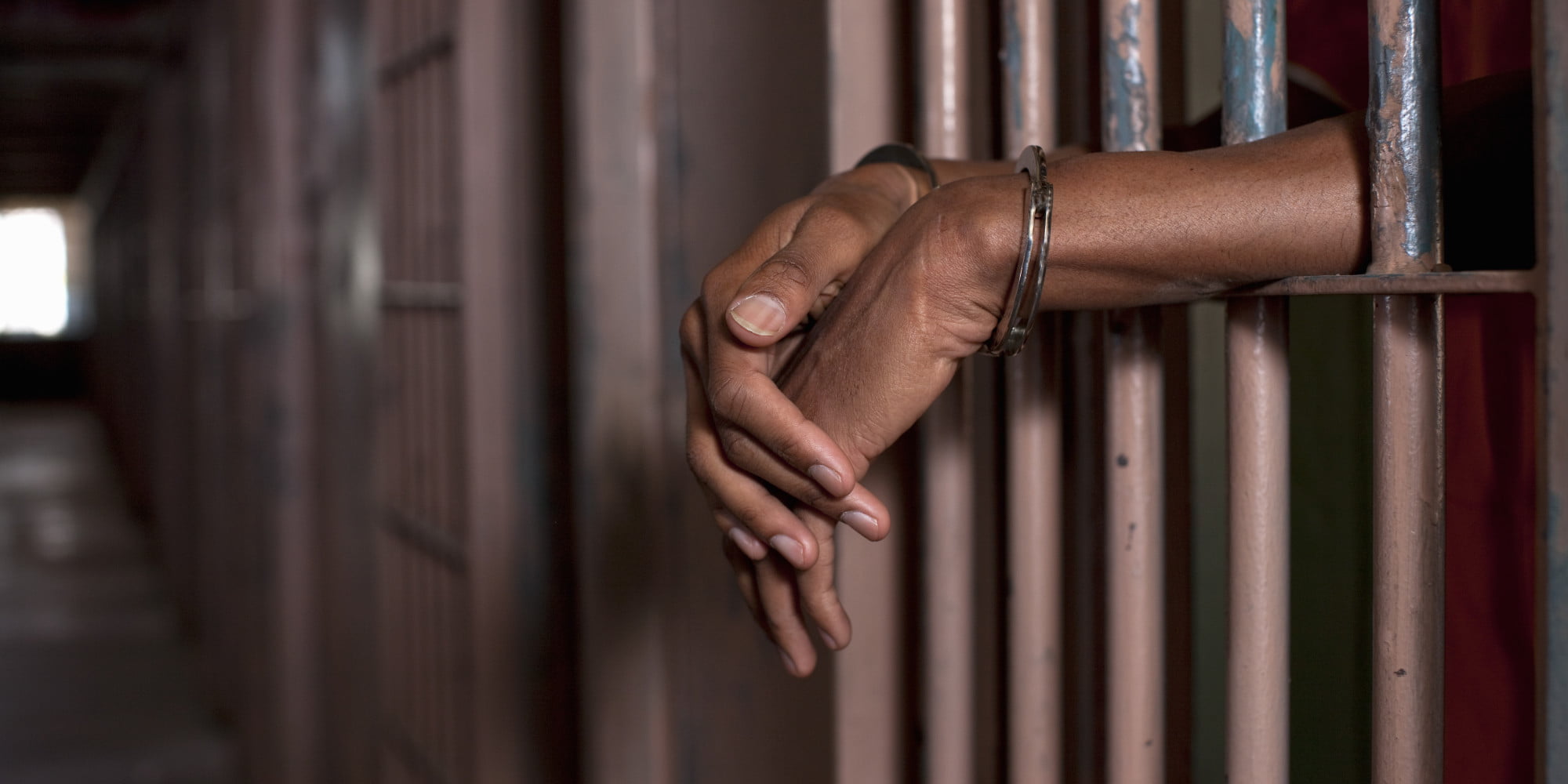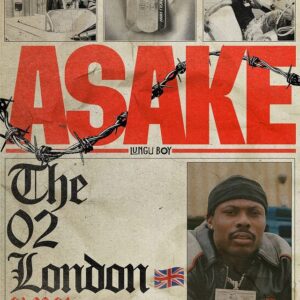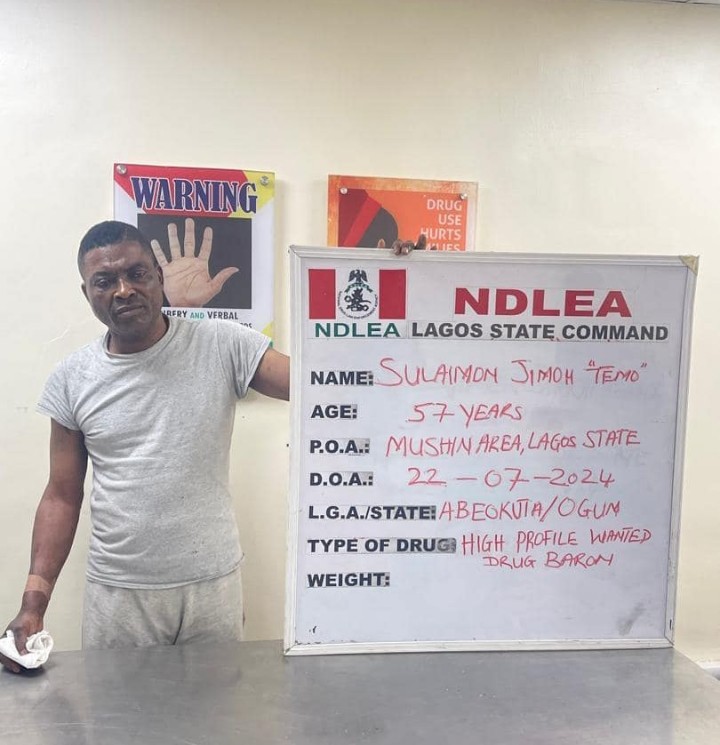If you’re considering getting a new piercing, there are a few important things you should consider before taking the plunge. They are a way to express your individuality and look more attractive, but it is crucial to understand the process, healing time, risks, and aftercare.
Do not try this at home!
First and foremost, piercings are too delicate for do-it-yourself (DIY) experiments. While YouTube videos might make it seem simple, piercing is a skilled procedure that requires sterile equipment, technique, and knowledge of anatomy. Therefore, attempting to pierce yourself or someone else can lead to complications like injuries and infections.
So where exactly do people typically get them done? Some of the most popular spots are:
1. Ear piercings
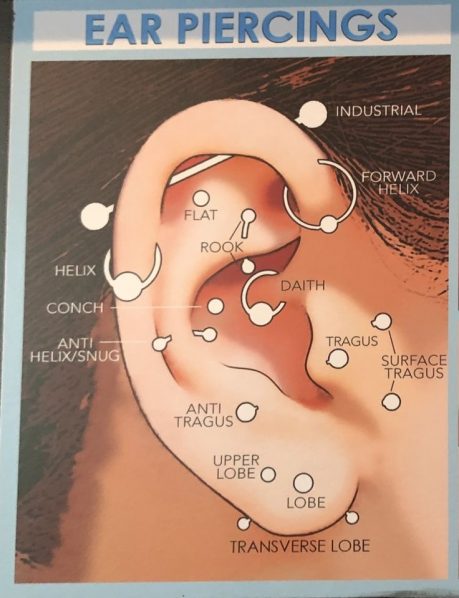
These are the most common type as almost every woman has her pierced hours after birth. In addition, they are versatile as they can be done in over ten different places. Generally, it is advised to only pierce three spots on your ears at a go. This will give them ample time to heal as your body still has to adjust to them.
Additionally, since the ear lobes are soft, they hurt less than cartilage ones. Piercings done on the ears can take from 4 – 12 weeks to heal.
2. Nose
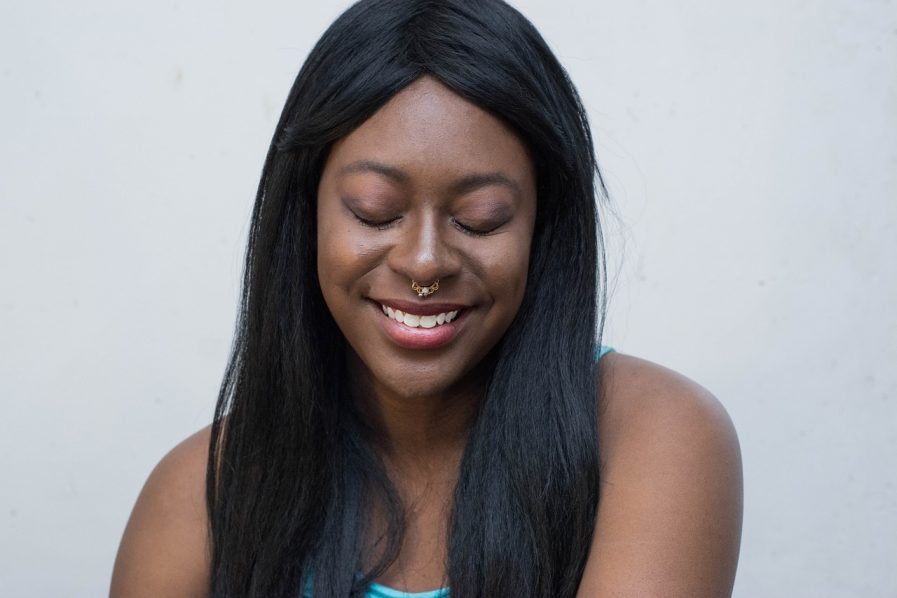
The second most common type of piercings, nose piercings make more of a statement than ear piercings do. Although they can hurt more. The jewelry used on nose piercings shouldn’t be too heavy, especially on the septum as it could cause tearing. Nose piercings typically heal within 3 – 6 months.
3. Navel (belly button)
Also called belly piercings, these take a longer time to heal, sometimes lasting for a year. While your navel piercing is healing, wear light and airy clothing and avoid tight clothing. This is to prevent any irritation and inflammation from occurring. They typically heal within 6 – 12 months.
4. Oral piercings
These are done on the lips and tongue. They generally require more attention and aftercare as they are done on a sensitive part of the body. They can take up to 6 – 12 weeks to heal.
After getting them, it is best to use light and small jewelry like small labret flat-back studs or rings. Once healed, you can then switch to longer hoops or decorative lip jewelry.
Furthermore, the mouth is the easiest way to get things into the body so it’s best to be cautious with this area. During the healing process, refrain from taking spicy foods till your piercings are healed.
Also, cut back on alcohol consumption and cigarettes. In general, they can affect the way you speak, eat, drink, and eat during the healing phase. Oral piercings may not be suitable for some professional workplaces with strict policies.
5. Nipple
Nipple piercings are usually done by inserting a small barbell horizontally in between your nipple. Avoid swimming and wearing tight bras during the healing period. Sports bras are preferable. Nipple piercings, just like navel ones, could take up to one year to fully heal.
READ ALSO: Essential Tattoo Aftercare Tips To Preserve Your Ink
Aftercare tips
It is easy to develop infections, keloid formation, and even allergic reactions to piercings. So it’s important to properly care for them during the healing process by following these tips.
1. Keep your hands off the pierced area to avoid touching them with germs and bacteria. When you need to touch it, ensure you wash your hands with antibacterial soap first. Try to not let others touch them as well.
2. Clean your piercings daily with a saline solution – usually provided by the professional body piercer. This solution is usually a salt and water mix. Gently dab with cotton wool and gently apply.
3. Don’t change jewelry until your piercings are fully healed. This could lead to the hole closing up as it is still seen as an injury and your body will try to heal it up.
4. Avoid activities that could irritate the piercing such as swimming in unclean water, or wearing tight clothes.
5. If you experience unusual symptoms like excessive itching, swelling, or pus, consult a doctor immediately.

